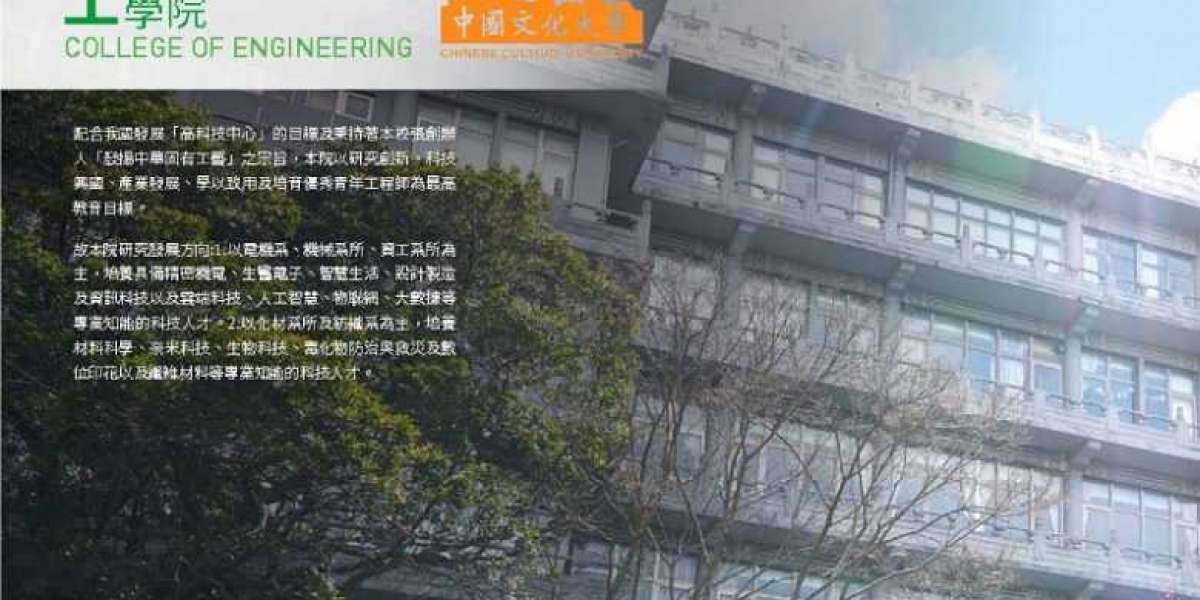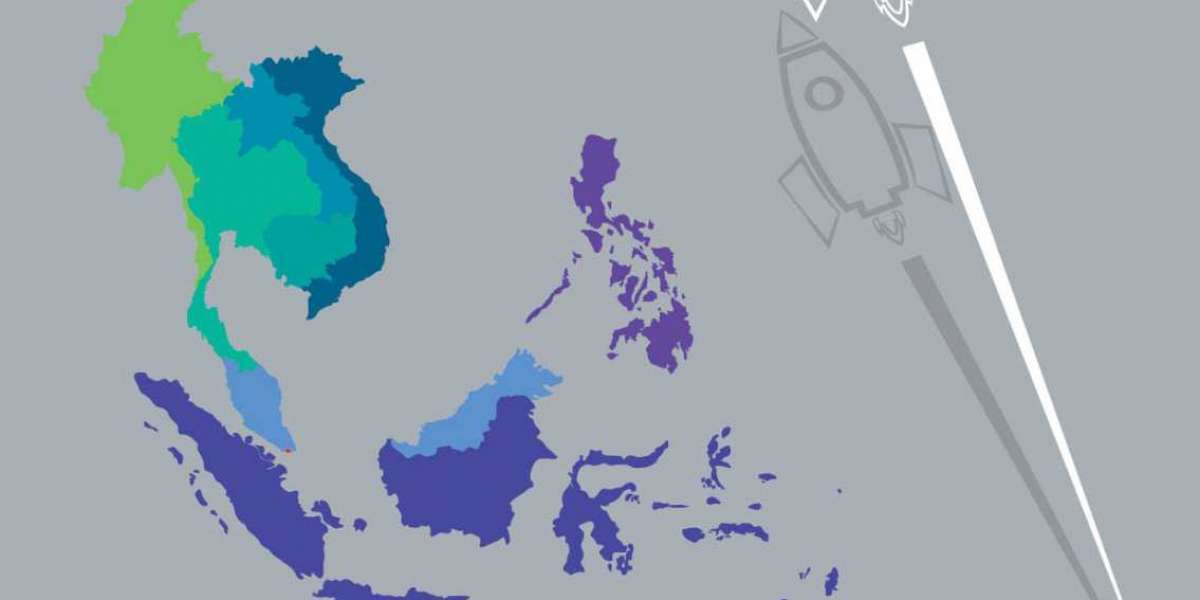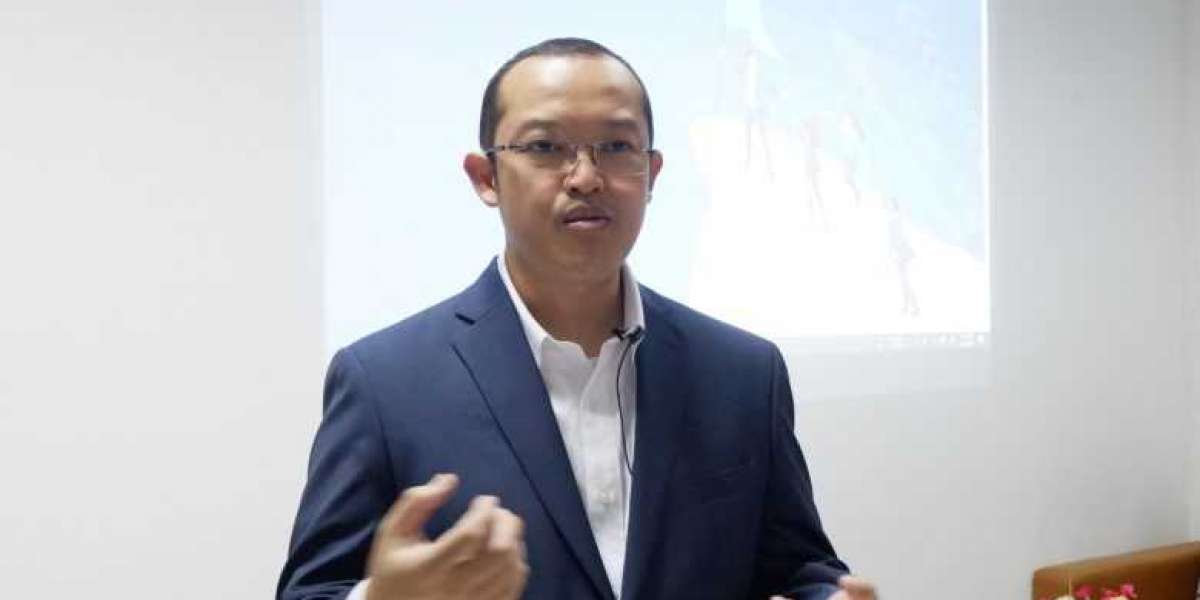Chinese Culture University Prof. Jeng-tze Huang’s research “Adaptive fuzzy state/output feedback control of nonstrict-feedback systems: a direct compensation approach” was published in IEEE transactions on Cybernetics, one of the top journals in the field of AI, cybernetics, and automation and control systems.
The so-called nonstrict-feedback systems have versatile practical applications such as flexible manipulators, AC servomotors, engine compressors, etc. These systems are underactuated and the corresponding control task is quite challenging. Among others, the backstepping tool emerges as the best candidate for tackling such tasks. On the other hand, the fuzzy logic system (FLS) is an universal approximator being able to resemble any unknown continuous function to an arbitrary order of accuracy via using a sufficiently large number of fuzzy rules. In these regards, this article proposed a direct compensation based adaptive fuzzy backstepping controller for the output tracking control of nonstrict-feedback systems with unknown nonlinearities.
Comparing with the popular variable-separation approach, it exhibits the following major advantages.
- The former uses FLS to approximate a complex summed-up unknown function, which leads to the exponential increase of the required fuzzy rules and hence suffers from high computational cost. In contrast, the proposed design alleviates such drawbacks via a direct compensation approach.
- Typically, the stability criterion of the former is in a linear matrix inequality (LMI) form, whose solvability is not guaranteed in general. In contrast, the stability criteria of the proposed design can be easily fulfilled in a systematic way.
- The switching mechanism of the former is discrete in nature, the proposed switching mechanism is smooth with respect to the system states. Not only it guarantees the unique solution of the system, but also prevents the occurrence of peaking phenomenon during the subsequent differentiation of the virtual controllers involved in the backstepping design procedures.
- The proposed composite control structure relaxes the restriction of all-time validity of the fuzzy approximation involved in the former schemes. It not only enlarges the domain of attraction, but also enhances the security and validity of the employ controllers.
The full text of the research is available at: https://ieeexplore.ieee.org/document/8337088









